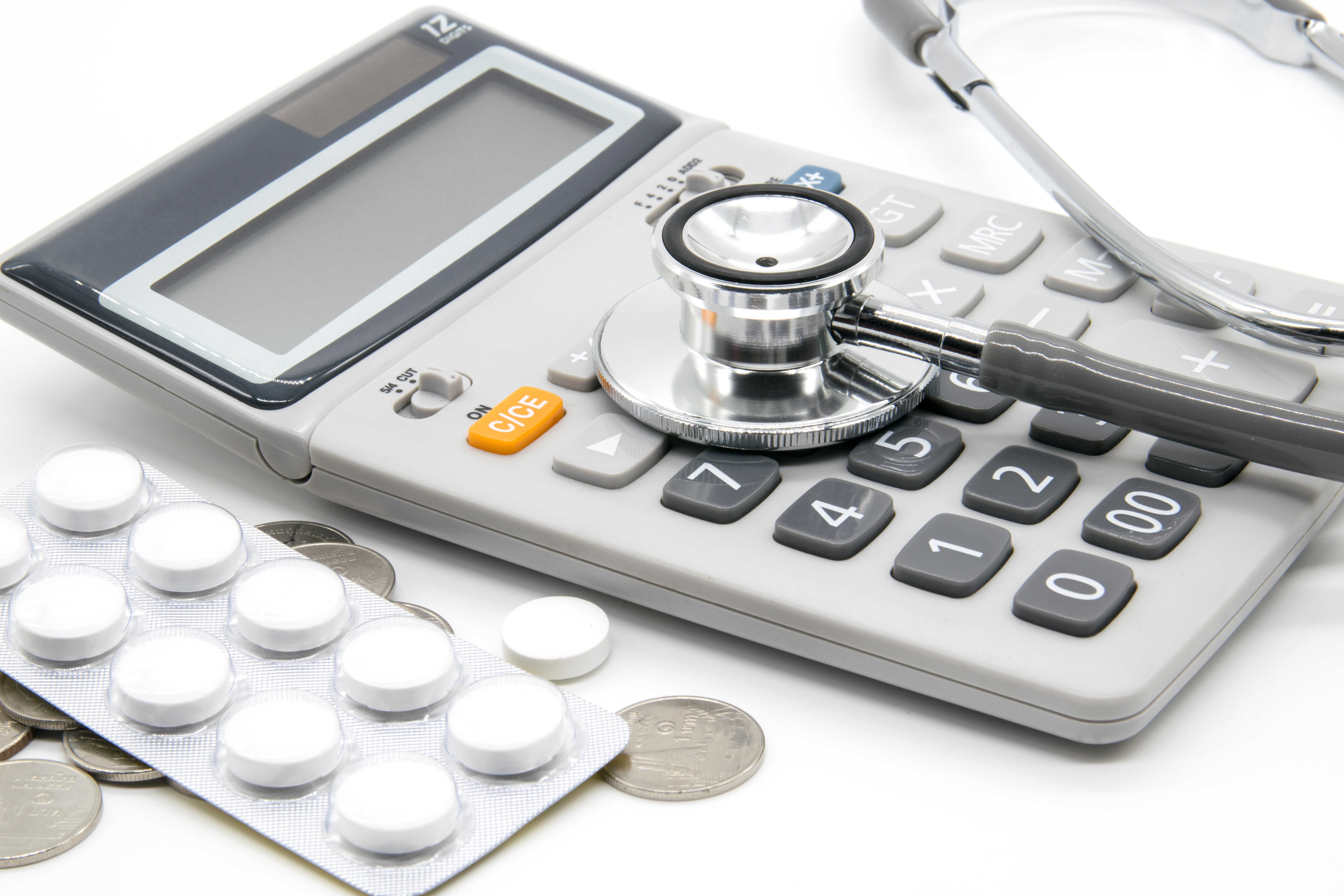

The study estimates the Kakwani index for analyzing tax progressivity and applies the model developed by Aronson, Johnson, and Lambert (1994) to measure the redistributive effects of health care financing using data from the 2014 Cameroon Household Survey. In addition, out-of-pocket payments on health care can limit the ability of households to afford non-healthcare goods and services. Given that poverty is pervasive, with a third of the population living below the poverty line, health care financing from out-of-pocket payments is likely to have redistributive and equity effects. Is guaranteed renewable, meaning that you are required to renew the policy for a specified amount of time, regardless of any changes to your health.The bulk of health care financing in Cameroon is derived from out-of-pocket payments.Does not provide cash upon cancellation of the policy, known as “Cash Surrender Value.”.Does not reimburse for services/items that would otherwise be reimbursed by Medicare.Some states require that your long-term care policy be qualified, meaning in the policy: If you purchase long-term care insurance, you may be eligible for a credit or deduction on your taxes because qualified long-term care insurance premiums are considered a medical expense. Note that each state program differs by name and eligibility requirements. These tax programs build on the federal tax credit, which reduces the amount of income taxes a family owes. Caregiver tax credits and deductionsĬertain states have additional tax deductions or tax credits to provide financial relief to caregivers. See IRS Publication 926: Household Employer's Tax Guide. Tip: If you pay someone to come to your home and care for the person with dementia, you may be a household employer and may have to withhold and pay Social Security and Medicare tax and pay federal unemployment tax. See IRS Publication 503: Child and Dependent Care Expenses for more information. Taxpayer must have earned income from wages, salaries, tips or other taxable income.Taxpayer filing status must be single, head of household, qualifying widow(er) with a dependent child or married filing jointly.Taxpayer must live with the person they claim as a dependent for more than six months.The credit can be up to 35% of your qualifying expenses, depending on your income. The credit is a percentage of the amount of work related child and dependent care expenses you paid to a care provider. If you paid someone to care for a child or a dependent so you could work or look for work, you may be able to reduce your tax by claiming the Child and Department Care Credit on your federal income tax return. See IRS Publication 502: Medical and Dental Expenses, for a complete list of allowable expenses. Medical expenses include medical fees for diagnosis, prevention of disease, cure, hospital services, some long-term care and nursing services, and insurance premium payments for accident and health insurance.įor deducting medical expenses, you can deduct only the amount of your medical and dental expenses that is more than 10% of your adjusted gross income (AGI). You may be eligible to deduct medical expenses from the taxes that you pay for yourself, your spouse and your dependents.


 0 kommentar(er)
0 kommentar(er)
